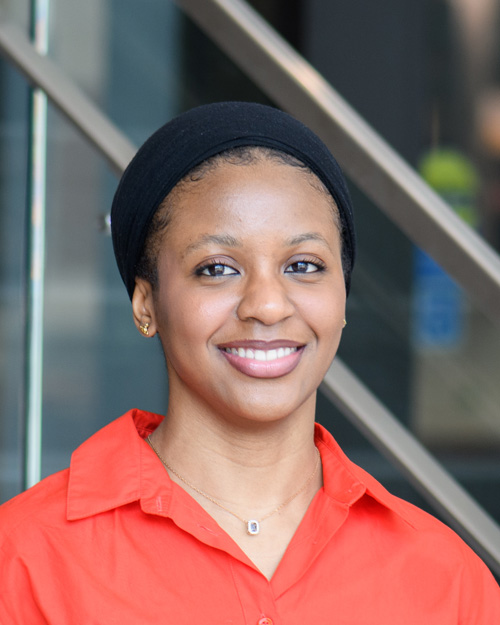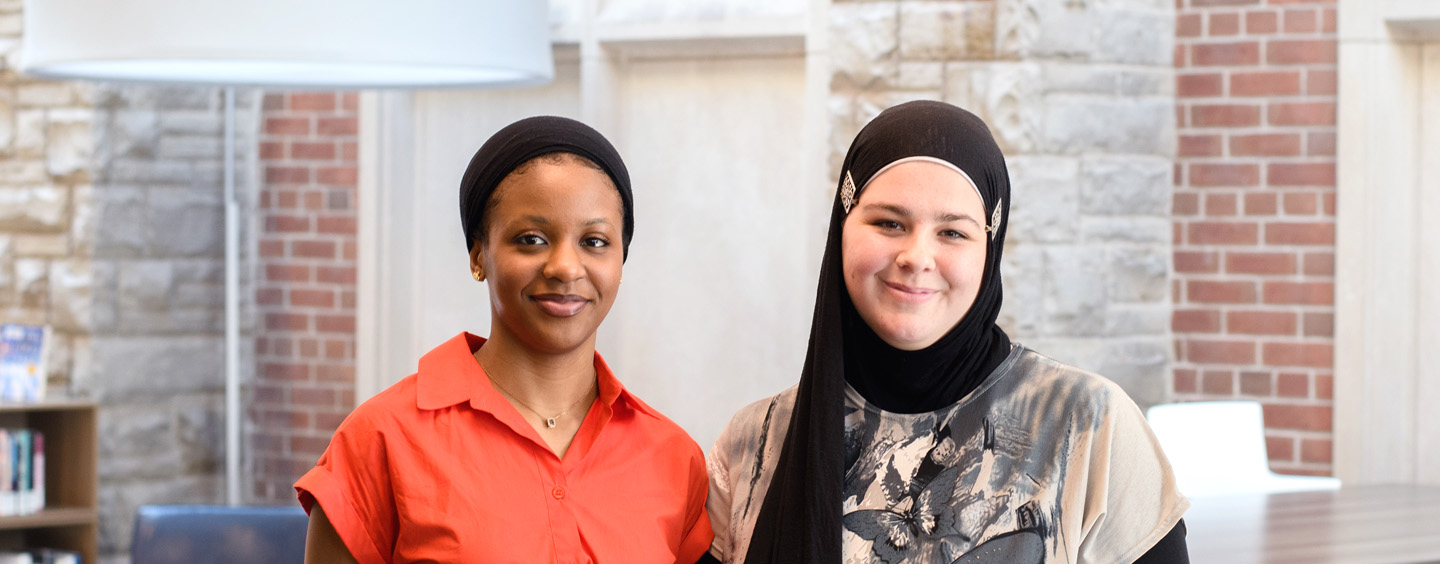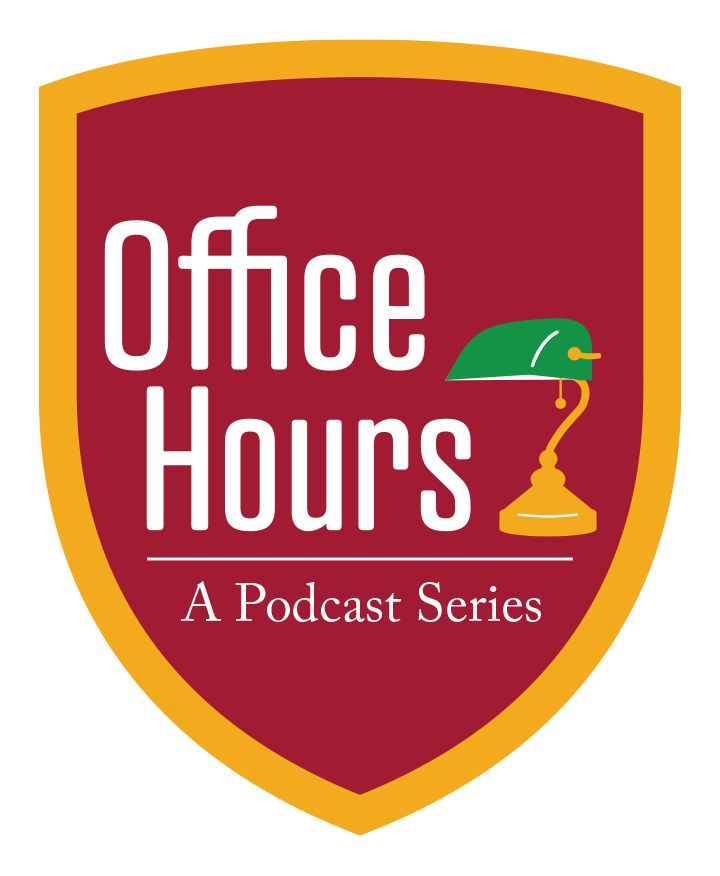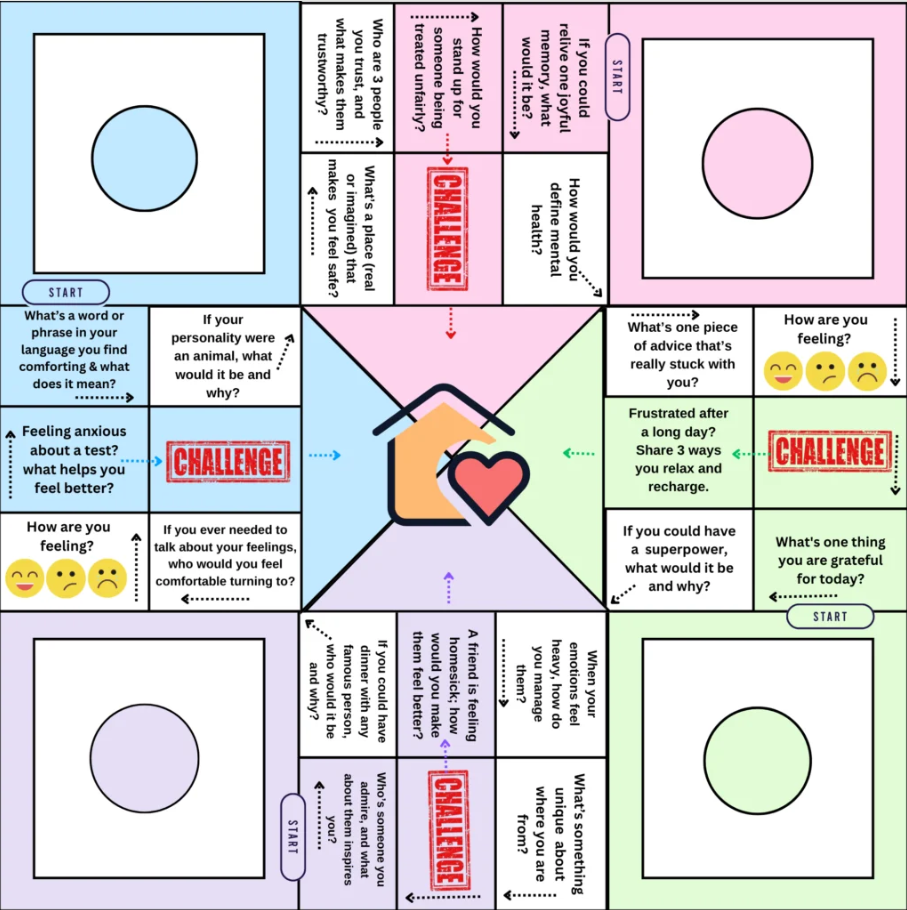SSEP3 Guest: Faiza Gebi
Episode Transcript
Coming Soon
One of the things that we discuss and try to emphasize here at Office Hours is the potential for us to help reframe research as an ongoing and dynamic conversation. Similarly, when I speak to undergrads in their classes, I try to emphasize the participatory possibility of research. We discuss the many barriers to understanding and contributing to scholarly conversations with the ultimate goal of breaking those barriers down and finding the courage to, as Kenneth Burke articulated, put in one’s oar.[1]
In this semester’s final episode of Office Hours: Student Spotlight, Emilee sat down with Faiza Gebi and discussed, among other things, the power of fronting aspects of one’s identity, history, or background in their research. Faiza notes that this has allowed her to not only learn new things about herself, but also, and importantly, enter new aspects or contextual articulations into ongoing conversations and, in doing so, teach others something new, even experts on the topic.
Emilee’s and Faiza’s conversation about research didn’t remain on the conceptual register. Faiza had a busy day at the Centre for Undergraduate Research Learning 2025 Spring Conference and Emilee asks her about each of her contributions. Listen as Emilee asks Faiza about
- the colonial legacies of bicycling and the conceptualizations of the bicycle as a mode of transportation in Nigeria and the UK
- her participation in a joint project developed to support young refugees’ education journeys in Canada for a class taught by Dr. Masaya Llavaneras Blanco
- the big news she received at the end of the Spring CURL Conference: that her StoryMap, “Navigating the Digital Borderland: Refugee Agency and State: Exploring the Libya-Italy Migration Corridor as a Contested Digital Borderland,” had been chosen for publication in Liberated Arts.
Don’t worry, Emilee didn’t let Faiza get away without commenting on how a kid in Nigeria heard about and decided to attend Huron University
[1] Kenneth Burke, The Philosophy of Literary Form: Studies in Symbolic Action (University of California Press, 1941), 110–111.
Study Questions from Today’s Episode:
How did a young student in Nigeria hear about and decide to attend Huron University?
What is the value of placing aspects of one’s identity, history, and/or background in your research?
What does cycling have to do with Global Development?
How can students at Huron University support young refugees’ education journeys in Canada?
How do digital technologies function both as a means for self-determination and tools for state control?

Faiza Gebi
CGS Major
Projects, Resources, and Ideas Mentioned in this Episode
Gebi, Faiza. “Navigating the Digital Borderland: Refugee Agency and State: Exploring the Libya-Italy Migration Corridor as a Contested Digital Borderland.” Liberated Arts 12 (2025).
———. “Pedaling Through Colonial Legacies: The Influence of Colonialism on Contemporary Perceptions of Cycling and Modernity in Nigeria and the UK,” Paper presented at the 2025 Centre for Research Learning Spring Exhibition. London, ON, April 4, 2024.
———. “London Newcomer Youth Resource Hub: Supporting young refugees’ education journeys in Canada,” Panel Participation, 2025 Centre for Research Learning Spring Exhibition. London, ON, April 4, 2024.
—
Centre for Undergraduate Research Learning (CURL)
Cross-Cultural Learning Centre
Liberated Arts: A Journal for Undergraduate Research


